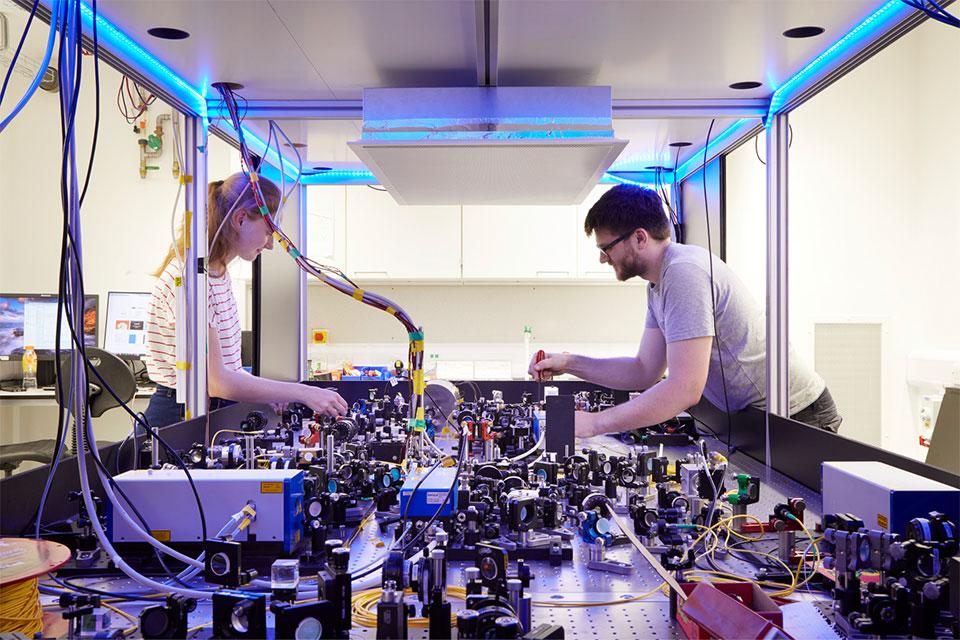Beecroft Building
Abstract
The speaker will be in Oxford to deliver the Seminar 'In Person'
Automatic differentiation programming offers paradigm shifts to enable researchers focusing only on forward calculation without having to derive the gradients. By taking down the barrier in deriving gradients, automatic differentiation has fueled the growth of deep learning and could have the same potential in other scientific fields, such as quantum chemistry. As computational quantum chemistry involves abundant gradient calculations, writing the code with automatic differentiation allows exploration of new ideas that were prohibited by the difficulty of calculating gradients. Here we introduce an open-source differentiable quantum chemistry, DQC, and explore some applications made easy by having the automatic differentiation capability. One of the applications is learning the exchange-correlation (xc) functional in DFT. Using only eight experimental data points on diatomic molecules, our trained xc networks enable improved prediction accuracy of atomization energies across a collection of 104 molecules containing new bonds and atoms that are not present in the training dataset. Besides learning xc functional, DQC also has other applications such as learning a new basis set for a family of molecules, checking convergence stability, and predicting molecular properties with alchemical perturbation among others. To conclude the talk, I will briefly discuss the challenges in implementing software using modern automatic differentiation libraries, specifically PyTorch.
The code is available at: https://github.com/diffqc/dqc/

